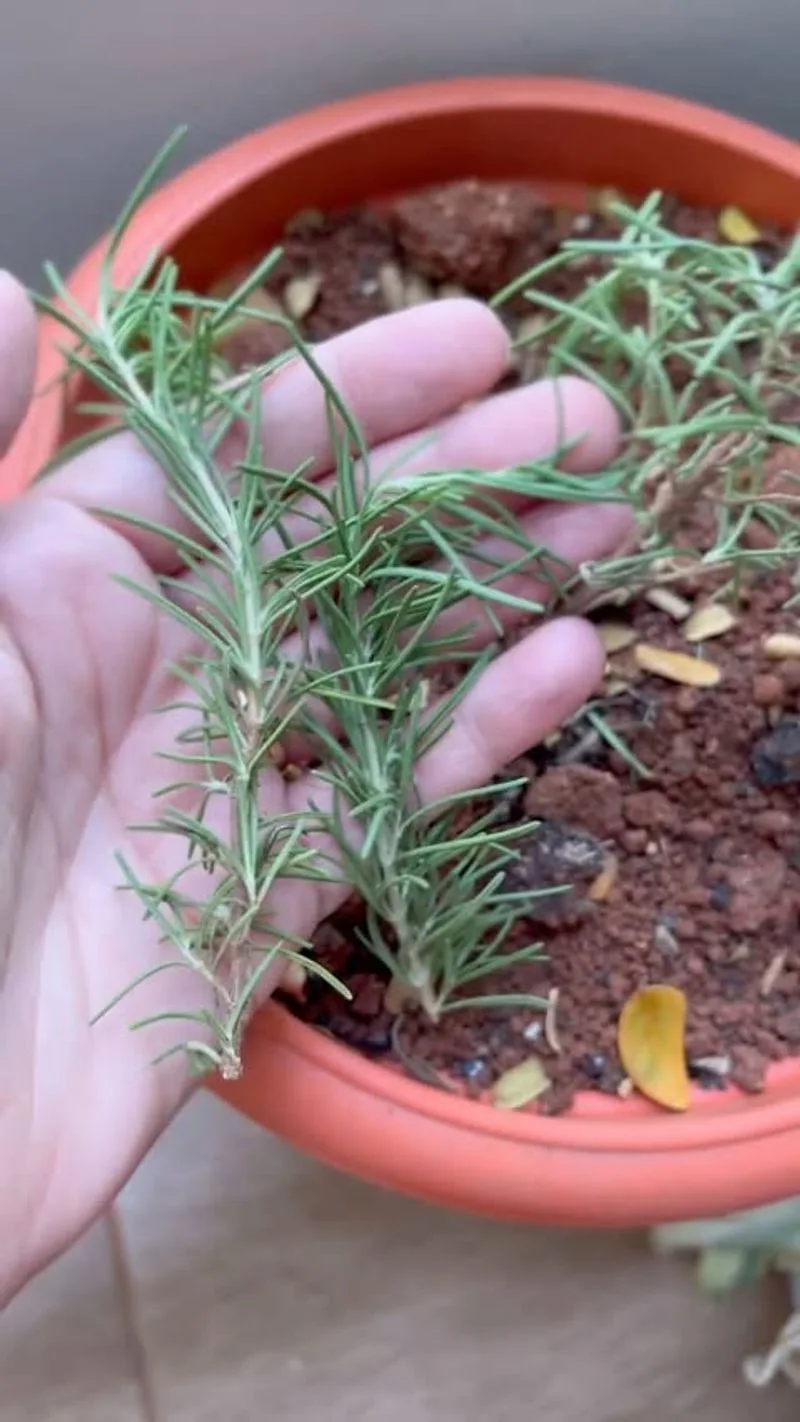Cats are known for their sharp senses, especially when it comes to smell. While some scents can be soothing or enticing to your feline friend, others are downright repulsive.
Understanding which odors cats dislike can help you manage unwanted behavior, protect certain areas of your home, or simply ensure your pet stays comfortable in their environment.
In this guide, we’ll uncover 11 smells that cats hate more than anything else. Whether you’re a curious cat owner or looking for pet-friendly deterrents, this list will provide valuable insights into your cat’s sensitive nose.
Citrus Fruits

The sharp scent of citrus often sends cats running in the opposite direction. Whether it’s oranges, lemons, or limes, the tangy aroma is too overwhelming for their sensitive noses.
Cats’ aversion to this smell is so strong that citrus can be used as a natural deterrent to keep them away from certain areas. When you’re peeling an orange or zesting a lemon, you might notice your cat make a quick exit. This natural reaction is due to their instinctual preference to avoid such pungent aromas.
Vinegar

The pungent smell of vinegar is another major turn-off for cats. Its strong, acidic scent can be overpowering, even in small amounts. Many pet owners utilize vinegar as a cleaning agent, which inadvertently keeps their cats away from recently cleaned surfaces.
Even a diluted solution can evoke a strong response. While it works wonders for cleaning, it’s less than pleasant for a cat’s olfactory senses. If you notice your cat avoiding areas treated with vinegar, rest assured it’s a normal response to the potent aroma.
Lavender

Lavender, often cherished for its calming properties, doesn’t have the same effect on cats. The strong floral scent is typically unappealing to them, leading to avoidance. While humans might find lavender relaxing, cats might perceive it as too intense.
If you’re using lavender-scented products in your home, you might find your cat giving them wide berth. This aversion can be useful if you’re trying to keep your cat away from certain areas or objects. However, it’s a good idea to ensure they’re not exposed to concentrated lavender oil, which can be toxic.
Eucalyptus

Eucalyptus is renowned for its medicinal aroma, but cats find it anything but therapeutic. The scent is often too potent, causing them to retreat.
For some, the smell can even be a bit unsettling. Eucalyptus oil, in particular, is something pet owners should be cautious with, as it can be harmful if ingested or if it comes into contact with their skin. If you’re a fan of eucalyptus, be sure to keep it out of reach of your feline friend. Providing alternative scents like catnip might be a more pleasing option for them.
Coffee Grounds

Coffee grounds might be a morning delight for us, but cats generally find them off-putting. The rich, earthy aroma can be too overpowering. Many gardeners use coffee grounds to deter cats from certain areas, such as gardens or flower beds.
This aversion makes them a useful tool for keeping cats away from specific spots in your home or garden. However, it’s crucial to ensure that they don’t ingest coffee grounds, as caffeine is toxic to cats. Understanding their dislike can help manage their environment more effectively.
Peppermint

The refreshing scent of peppermint might clear our senses, but it often repels cats. Its intense aroma is anything but soothing for them and can cause them to flee. Peppermint plants or oils can act as natural deterrents if you’re trying to keep cats away from certain areas.
However, it’s important to keep these out of reach, as ingestion can be harmful. If you’re using peppermint in your home, be aware of your cat’s reaction. Offering them cat-friendly alternatives can ensure they feel comfortable and safe.
Banana

Surprisingly, bananas are often on the list of smells cats dislike. The strong, sweet scent can be too much for their sensitive noses. Some cats might even wrinkle their noses or turn away when a banana is nearby. If you’re snacking on a banana, don’t be surprised if your furry friend keeps a safe distance.
This aversion can be handy if you want to keep a cat away from certain areas temporarily. However, always consider their comfort, ensuring that unpleasant scents aren’t left lingering where they spend most of their time.
Cinnamon

Cinnamon might evoke warmth and cozy memories for us, but it’s a different story for cats. Its spicy scent can be overwhelming, leading to avoidance behavior. Many people use cinnamon in potpourris and diffusers, which cats will typically steer clear of.
While it’s not as commonly used as a deterrent, recognizing its effect on cats can guide where and how you use it. If you notice your cat avoiding areas where cinnamon is present, it’s a good idea to relocate these items to ensure their comfort and well-being.
Pine

The fresh, woody scent of pine is another aroma cats often dislike. Many cleaning products and air fresheners feature a pine scent, which might explain why cats avoid areas where these are used. If you’re thinking of using pine-scented products in your home, consider your feline friend’s preferences.
Their aversion can be advantageous if you aim to keep them away from specific areas. Nevertheless, always keep their comfort in mind. Ensuring a balanced environment with scents they enjoy can make them feel more at ease.
Rosemary

Rosemary is beloved for its culinary uses and fragrant aroma, but cats often find it too intense. The herb’s strong scent can lead to avoidance behavior. If you keep rosemary in your kitchen or garden, don’t be surprised if your cat steers clear of the area.
Recognizing this can help you arrange your space in a way that’s enjoyable for both you and your pet. If rosemary is a staple in your home, ensure it’s placed strategically so as not to disturb your cat’s comfort. Consider providing alternative spaces with scents they enjoy.
Garlic

Garlic’s powerful aroma is unmistakable, and for cats, it’s not a pleasant one. The strong scent can lead to avoidance, making it an effective deterrent. While garlic is a staple in many kitchens, it’s wise to keep it out of reach of curious cats, as ingestion is harmful.
The aversion to garlic can be utilized by placing it in areas you wish to keep cat-free. However, always prioritize their well-being by ensuring that such deterrents don’t become a source of distress. Offering safe, cat-friendly environments is essential for their comfort.

